
Caméra d’Or Spotlight Falls on Akinola Davies Jr’s “My Father’s Shadow” at Cannes
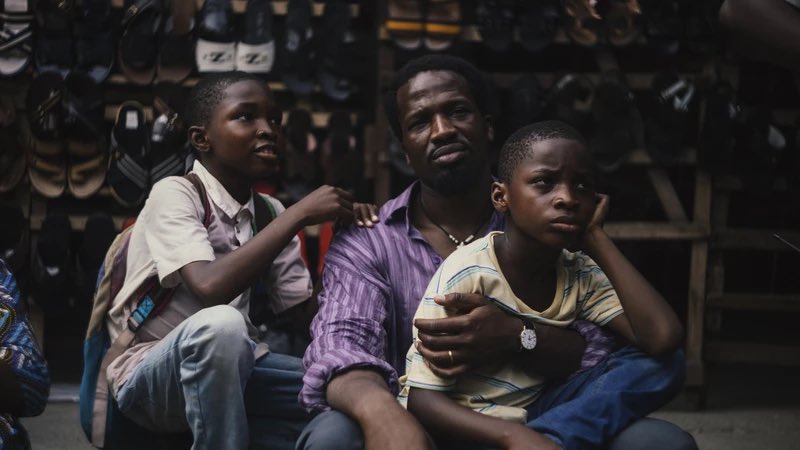
While it didn’t win the top prize in Un Certain Regard, “My Father’s Shadow,” the heartwarming debut by Nigeria-British director Akinola Davies Jr, won a Caméra d’Or Special Mention at the 2025 Cannes Film Festival — an award given to the best first feature films in all sections, including Directors’ Fortnight and Critics’ Week.
This acknowledgement puts “My Father’s Shadow” alongside internationally acclaimed first films and marks a breaking point for Nigerian film on the world scene. Iraqi filmmaker Hassan Hadi gave the top Caméra d’Or prize to The President’s Cake, but the jury’s Special Mention makes Davies Jr’s film a festival highlight.
A semi-autobiographical coming-of-age drama set in Lagos during the pivotal 1993 presidential election, the film follows two young brothers as they reconcile with their estranged father on a day that would forever alter Nigeria’s politics. Akin and Remi, the two young boys — sensitively captured by newcomers Godwin Chimerie Egbo and Chibuike Marvellous Egbo — embark on an unplanned journey with their father Folarian (Ṣọpẹ́ Dìrísù) to confront the noise, the vibrancy, and the uncertainty of a nation on the cusp of unrest.
Cannes critics overflowed over “My Father’s Shadow” for its tight direction, poetic camerawork, and emotionally charged performances. The Hollywood Reporter referred to it as a “stunning debut,” a poignant sketch of father-son relationships and a country on the verge of change.” Peter Bradshaw of The Guardian referred to it as “a subtle and smart coming-of-age story.” At the same time, David Ehrlich of IndieWire wrote of the film’s expressive atmosphere and visuals as “arresting and impressionistic.”
The film’s layered narrative, written by Davies Jr. and his brother Wale Davies, memorialises their late father and a subdued reckoning with Nigeria’s lost democratic promise during the early ’90s. Sound design by Davies Jr. — from insect hums to political rumour on a danfo — contributes a thickly textured sonic topography that registers with the emotional inner lives of the characters.
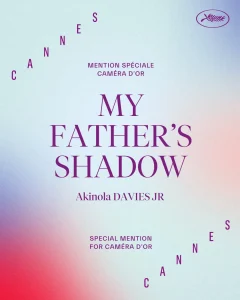
Produced by Element Pictures, Crybaby, and Fatherland Productions under the direction of Rachel Dargavel and Funmbi Ogunbanwo, the film was shot on location in Lagos and Ibadan. The distribution rights were also acquired by MUBI in February for North America, the UK, Ireland, and Turkey — an indication of its global appeal before its world premiere in Cannes.
This is especially noteworthy, considering “My Father’s Shadow” is the first Nigerian narrative feature film to screen at Cannes. For certain film enthusiasts and cultural commentators, its Caméra d’Or Special Mention is a milestone tribute and a pressing appeal for ongoing concern for African narratives on the largest film platforms globally.
The reception of “My Father’s Shadow” at Cannes also reignites conversations about the fate of Nigerian films once they return home. In 2023, C.J. Obasi’s Mami Wata, another visually rich, internationally acclaimed Nigerian film, faced limitations in Nigerian cinemas, raising concerns about local appreciation of globally resonant storytelling. As Al Jazeera intimated in its cover feature on Mami Wata’s Oscar campaign, the film’s foreign box-office success did not carry over stateside, where customers and cinema owners are still apprehensive about “arthouse” products. Many now wish “My Father’s Shadow” would not meet a comparable fate — overlooked, trimmed, or under-distributed in its country of origin.
Davies Jr.’s film is not just a solo success; it represents a shift in how Nigerian directors push aesthetic and narrative boundaries outside of Nollywood’s mainstream traditions. From Julie Dash to RaMell Ross, and with a narrative form more in keeping with poetic impressionism than linear storytelling, “My Father’s Shadow” is both a work of film and cultural affirmation — one that reminds us Nigeria’s stories are diverse, complex, and worthy of being celebrated globally.
As curtains come down at Cannes 2025, Caméra d’Or Special Mention for My Father’s Shadow can be registered as the moment that could be remembered as the turning point in redefining the global image of Nigerian film.
READ MORE: Biyi Toluwalase Puts Story First in Every Nollywood Film He Edits
Niger Unveils Locally-Made Military Vehicle, the Tamgak Wangari
About The Author
Related Articles
Tyla Wins Best African Music Performance at 2026 Grammys
South African singer Tyla has won the Best African Music Performance award...
ByWest Africa WeeklyFebruary 2, 2026Grammys Honour Fela Kuti With Historic Lifetime Achievement Award
Legendary Nigerian musician and Afrobeat pioneer Fela Anikulapo Kuti has become the...
ByWest Africa WeeklyFebruary 2, 2026Wizkid and Asake Join Forces on New Collaborative EP
Wizkid and Asake have released a collaborative EP, uniting two of Nigeria’s...
ByWest Africa WeeklyJanuary 29, 2026Toyin Abraham Joins Funke Akindele as Nollywood Billionaire Filmmaker with Oversabi Aunty
Veteran actress, producer, and now director Toyin Abraham Ajeyemi has reached a...
ByWest Africa WeeklyJanuary 28, 2026



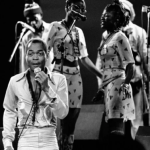





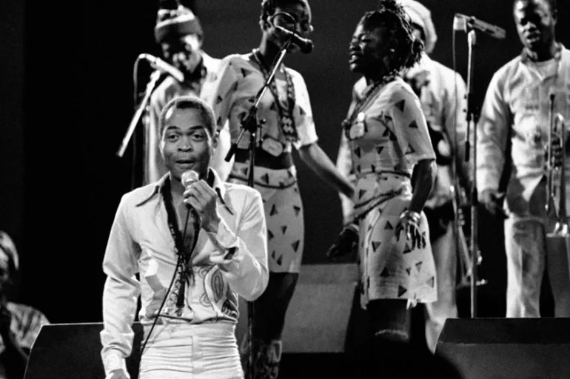
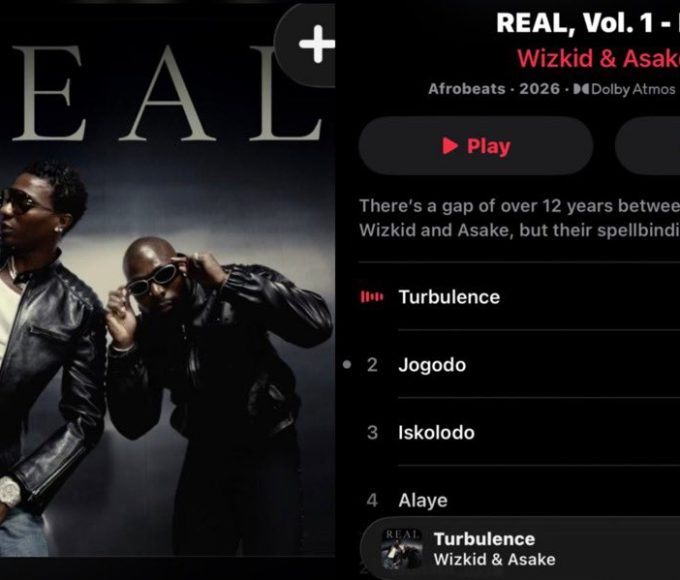

Leave a comment